Introduction
In today’s fast-paced world, effective communication is critical, especially for emergency services, government agencies, and businesses. Call recording solutions are no longer a luxury but a necessity to ensure accountability, improve response times, and safeguard sensitive information. This guide explores the importance of call recording systems, their key features, and how they contribute to operational efficiency and security.
1. The Importance of Call Recording
Call recording serves multiple purposes beyond just archiving conversations. It helps organizations:
- **Enhance Accountability:** Recorded calls provide a clear record of interactions, ensuring that important information is documented and accessible.
- **Improve Training and Quality Control:** Organizations can review calls to identify training opportunities and maintain high service standards.
- **Ensure Legal Compliance:** Many industries have legal requirements for call recording, particularly in finance, healthcare, and public safety.
2. Key Features of Modern Call Recording Systems
Advanced call recording solutions come with a variety of features designed to meet the diverse needs of businesses and agencies:
- **Real-Time Monitoring:** Enables supervisors to listen to live calls, providing immediate feedback if necessary.
- **Secure Storage:** Ensures recorded data is encrypted and stored securely to protect against unauthorized access.
- **Easy Retrieval:** Sophisticated search functions allow users to quickly find specific calls based on date, time, phone number, or keywords.
- **Scalability:** Modern systems can scale to accommodate growing communication needs, whether for small businesses or large government agencies.
3. Applications Across Different Sectors
- **Emergency Services:** Call recording is vital for 9-1-1 dispatch centers, police, and fire departments. It helps in incident reconstruction, legal proceedings, and performance reviews.
- **Corporate Sector:** Businesses use call recording for customer service quality assurance, dispute resolution, and compliance with industry regulations.
- **Healthcare:** Ensures that patient information shared over calls is accurately documented, supporting HIPAA compliance.
4. Benefits of Implementing Call Recording Solutions
- **Enhanced Operational Efficiency:** Streamlines communication workflows and improves response times during critical situations.
- **Improved Security:** Safeguards sensitive data through encrypted storage and secure access protocols.
- **Legal Protection:** Provides a reliable record that can be used in legal disputes or regulatory audits.
5. Choosing the Right Call Recording Solution
When selecting a call recording system, consider the following factors:
- **Compliance Requirements:** Ensure the system meets industry-specific legal and regulatory standards.
- **Integration Capabilities:** Choose a solution that integrates seamlessly with your existing communication infrastructure.
- **User-Friendly Interface:** Opt for a system that is easy to use and requires minimal training.
Conclusion
Call recording solutions are indispensable tools for organizations seeking to enhance communication, ensure compliance, and protect sensitive information. By investing in a robust call recording system, businesses and agencies can improve operational efficiency, security, and accountability.
Would you like to explore specific case studies or get recommendations on the best call recording systems for your organization?


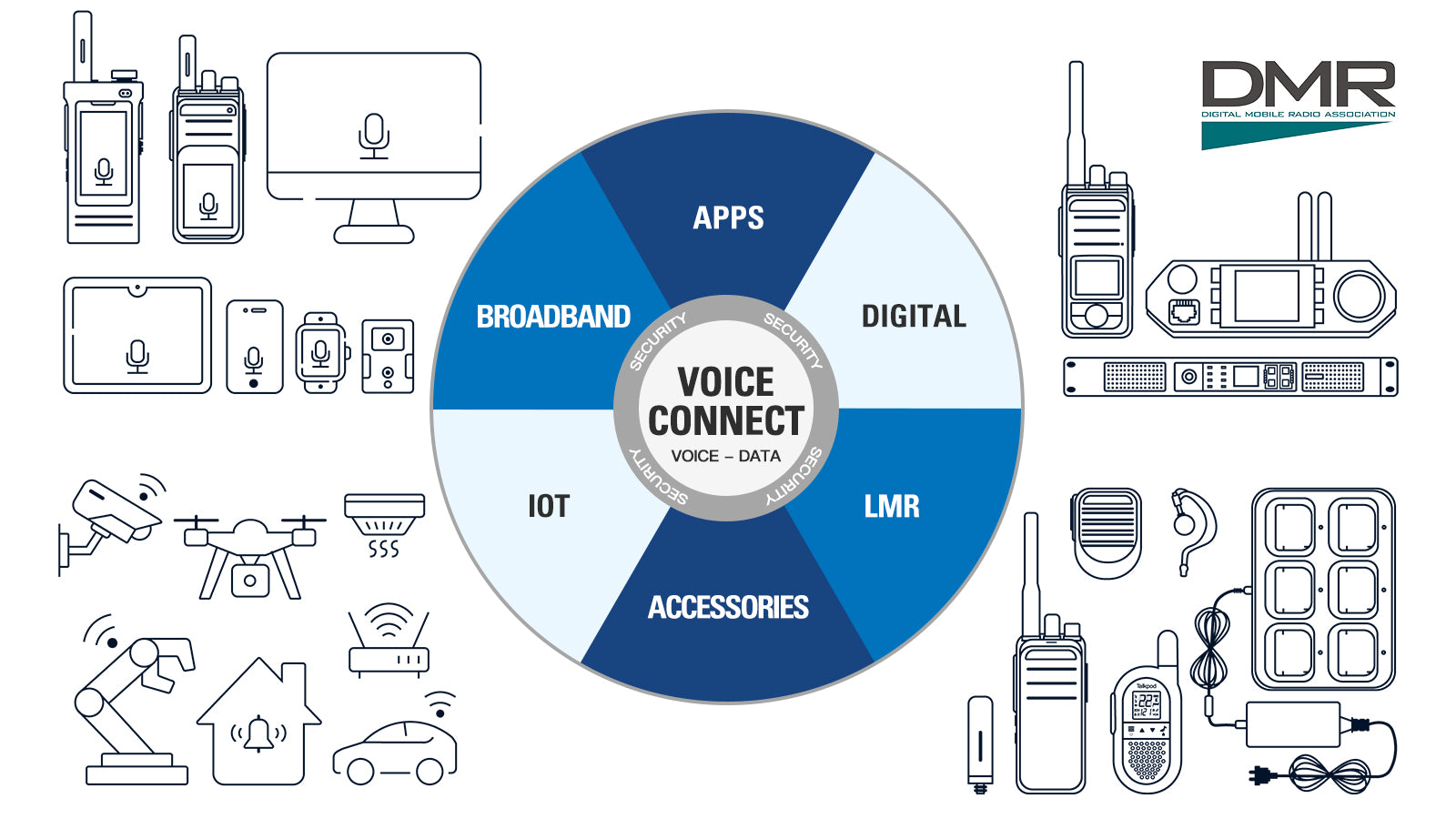


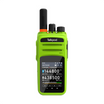
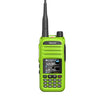
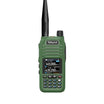
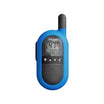
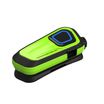
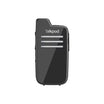
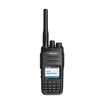
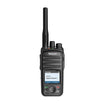
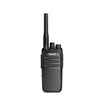
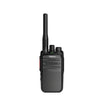
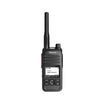
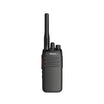
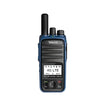
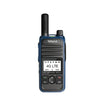
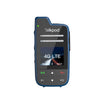
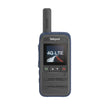
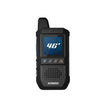
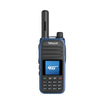
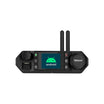
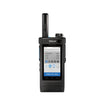
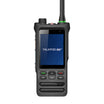


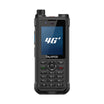
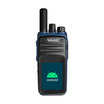
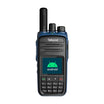
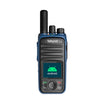
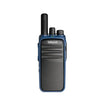
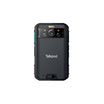
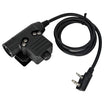
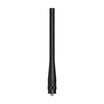
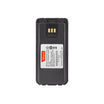
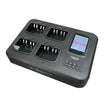
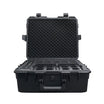
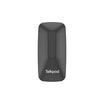
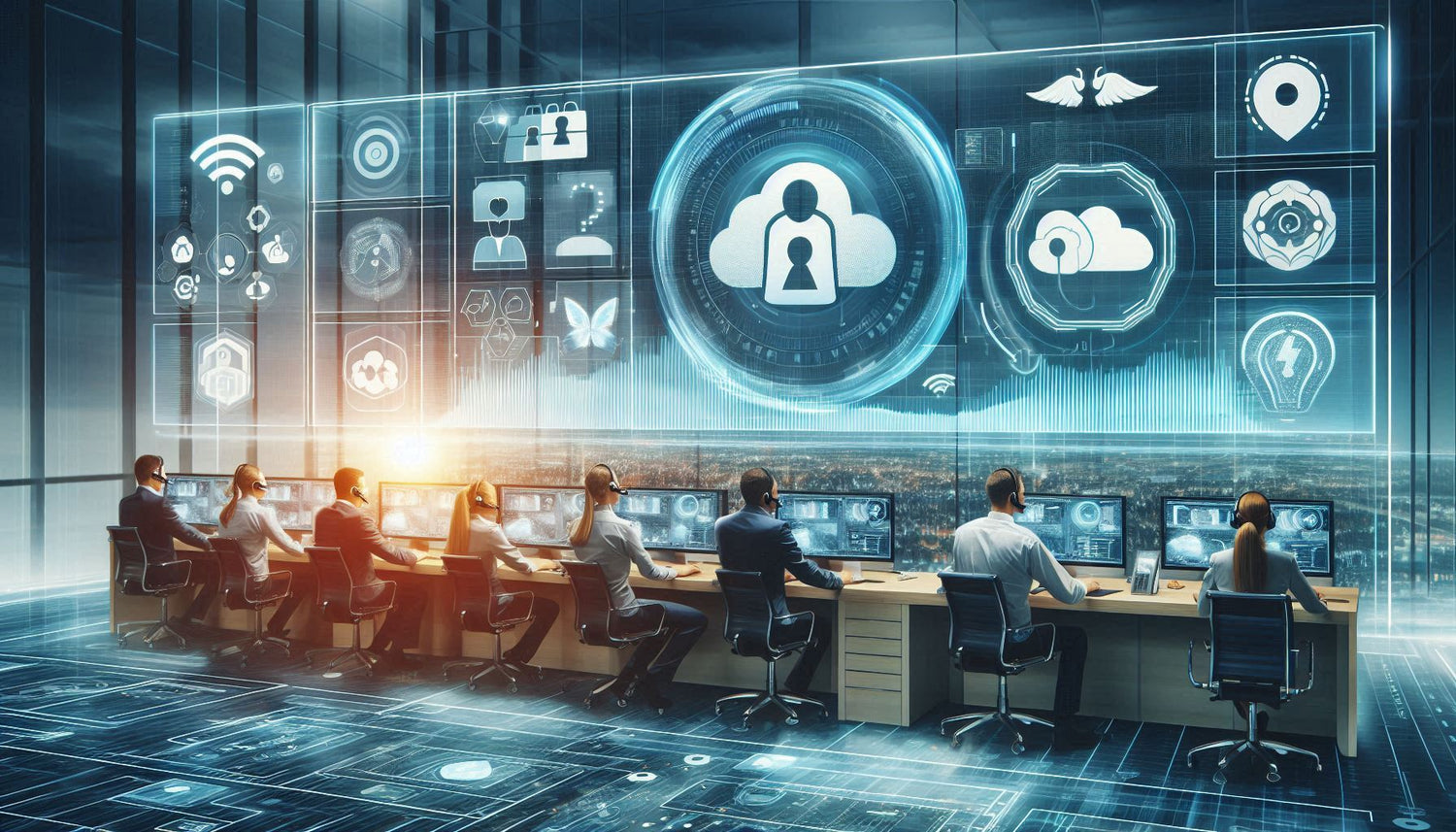

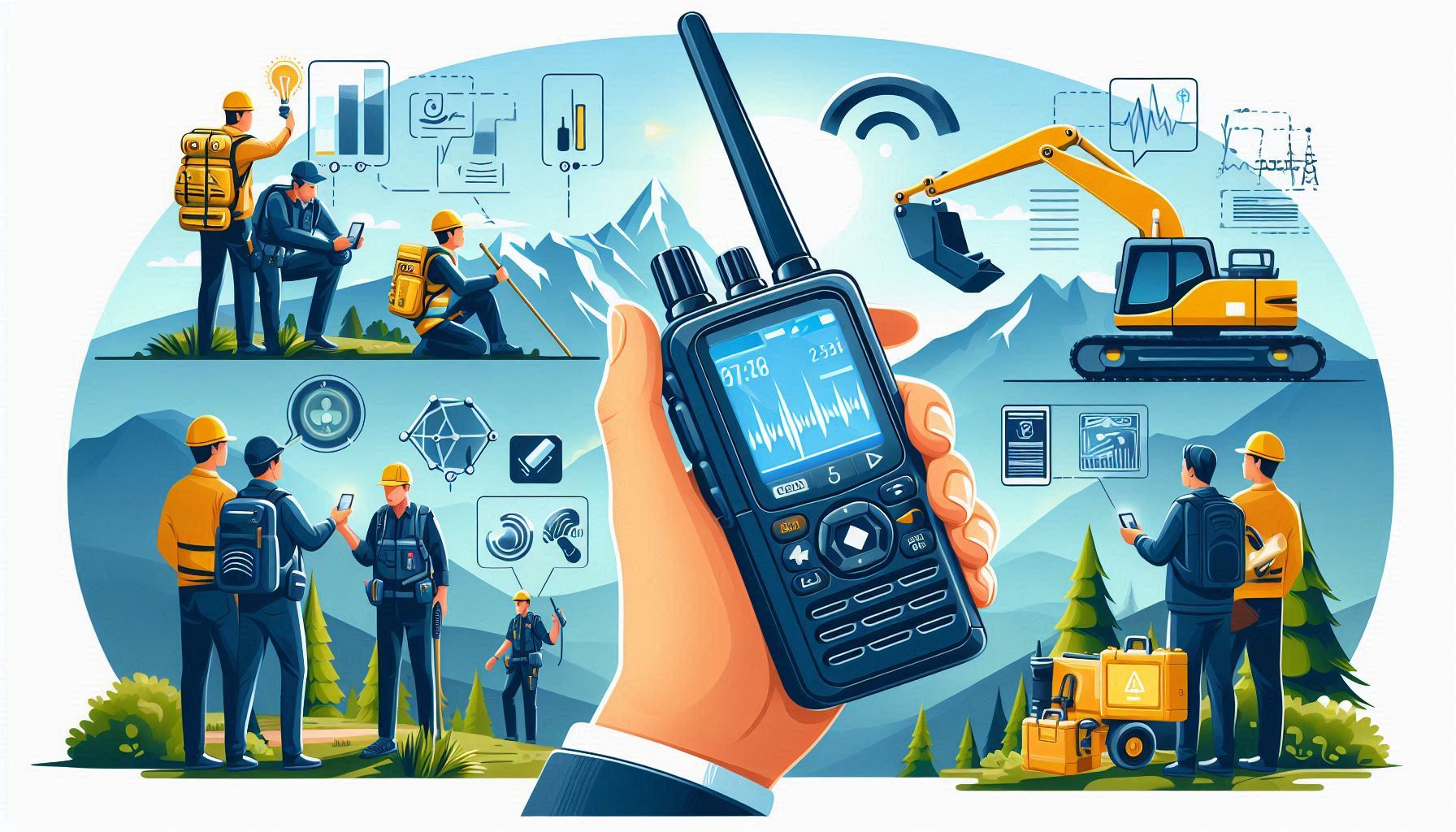
Leave a comment
All comments are moderated before being published.
This site is protected by hCaptcha and the hCaptcha Privacy Policy and Terms of Service apply.